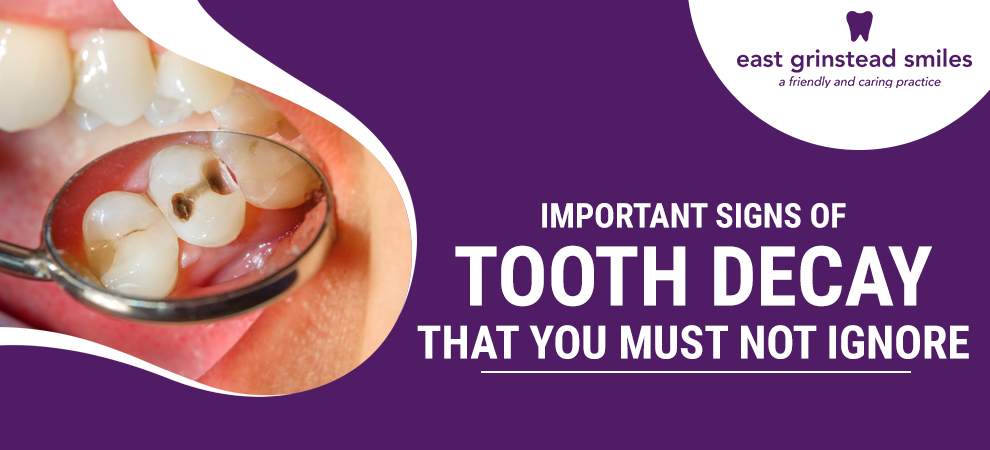Caring for teeth is an important health routine everyone should follow. From basics like brushing and flossing to dental check-ups, the dental care routine consists of various procedures. Ignoring teeth care can be detrimental, as it can cause damaging health effects.
More About Dental Abscess:
One of the major issues you might face is the slow decay of the tooth. Technically, it is known as a tooth abscess. The abscess is a pocket of pus, which damages the oral tissues first, then spreads onto other body parts. The abscess looks like a red, swollen bump or pimple on the gum.
Causes and Symptoms of Dental Abscess in Detail:
To eliminate the harmful effects of tooth decay, you must contact a reliable source of Epsom Dental. They can provide a proper treatment that can solve the issue effectively. In the following section, we will talk in detail about the signs of tooth abscess.
- Facial Swelling: It is a clear symptom of tooth infection. In the beginning, you may spot a minimal swell. However, this swelling can get bigger over time, which is a sign that the issue is worsening. There is a chance that the problem is spreading quickly and may soon affect your other body parts.
- Sudden Fever: If you start to feel unwell after spotting the signs of tooth abscess, it is a sign that your body is trying to fight the infection. It is an attempt to kill the foreign bacteria. You may experience fever with a sudden drop in body temperature. This may be problematic for your body and a clear indication of sepsis.
- General Feeling of Discomfort: This is a general sign that you must look out for. You may experience feeling unwell with a persistent headache. Pain in the jaw or the ear may be another sign of this problem. You may also start feeling tired or dizzy thanks to the infection inside your ear.
What are the Major Causes of Tooth Abscesses?
Generally, any opening or cavity that lets bacteria inside the facial cavity can cause tooth abscess. We point out some leading causes of this issue below:
- Broken or Cracked Tooth: The crack or the chip on the tooth enables bacteria to seep through the cavity. It can spread through to the pulp and cause infection.
- Tooth Injury: Any kind of trauma on the tooth can injure the inner pulp. It may happen even if you do not spot a visible crack. This injury may make the teeth susceptible to infection.
- Gum Diseases: Any kind of infection or inflammation of the gum can cause problems to the teeth. The disease proceeds gradually, giving the bacteria easier access to the deeper dental tissues.
These are some signs of tooth decay that you must take note of. Consult a professional dentist in Epsom like Epsom Smiles to get proper treatment. We are one of the well-known dental clinics in the area. Here, you can get the assistance of professional dentists with years of experience treating dental abscesses. For more information, you can visit our website today.


